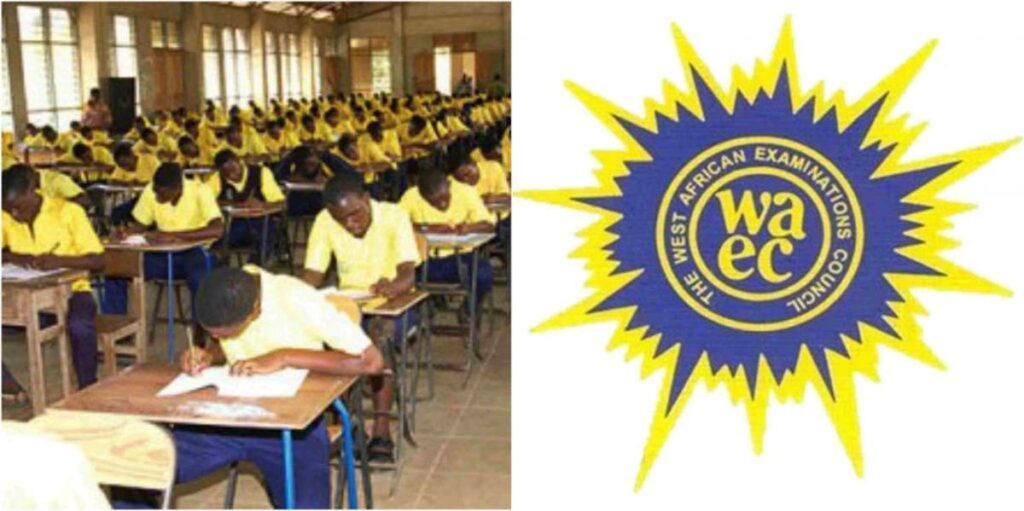Peter Okoye, one-half of the iconic Nigerian music duo P-Square, has publicly addressed his twin brother, Paul Okoye (aka Rudeboy) in a heartfelt open letter.
This letter is emotionally charged and reflects the ongoing tensions between the siblings.

The letter was released on August 12, 2024.
It addresses the ongoing tensions between the siblings, whose relationship has been strained despite their remarkable success as a group.
Over the years, the brothers have experienced a rocky dynamic, which Peter candidly reflects on in his message.
Peter’s Perspective on the P-Square Legacy
In his letter, Peter starts by reiterating a sentiment he has often shared in private conversations with Paul: “He is not in competition with his brother or anyone else”.
Also, this statement sets the tone for what seems to be a plea for unity and mutual respect.
This contrasts with what he perceives as Paul’s constant attempts to discredit his contributions to their joint success.
Peter expresses his dismay at the repeated instances where Paul has, in his view, taken credit for the lion’s share of their musical achievements.
P-Square Dynamic
According to Peter, Paul’s recent interviews have not only emphasized his individual role in P-Square’s success .
He also have also downplayed Peter’s efforts, particularly in relation to their song “Ejeajo,” featuring TI.
Paul claims to have written and performed “99% of all P-Square songs,” but Peter vehemently disputes this claim.
He cites several of their big songs, including “Get Squared,” “Bizzy Body,” “Personally,” “Roll It,” and “Temptation,”
Also, he said he viewed the songs as group achievements as opposed to individual accomplishments.
A key theme of the letter is the idea of collaboration and the unique chemistry that made P-Square a powerhouse in the African music scene.
Also, Peter shows that their fans fell in love with the duo not because of who did what, but because of the magic that their combined efforts created.
Call For Unity
This synergy, Peter argues, is what made P-Square special and is something that cannot be replicated by either of them alone.
He also draws attention to the fact that while he has always spoken of P-Square in terms of “we” and “us,”
People Also Read: Asake: Why I Prefer Singing In Yoruba
Paul’s public statements often center around “I” and “me,”
Also, it makes Peter feel sidelined in a partnership where both brothers should have been equals.

